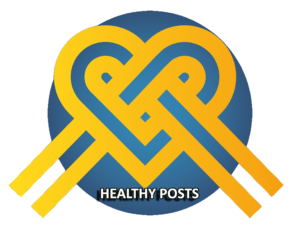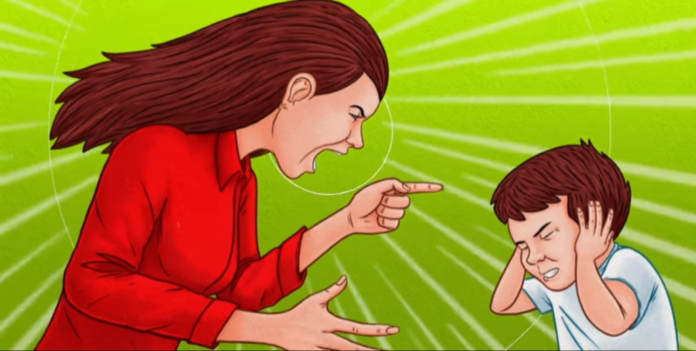Children learn by example, period. The way you act, what you say, and personal defects – if done within the earshot or eye line of a child – is prone to replication by your kids.
Unfortunately, far too many parents neglect or minimize the susceptibility of the child’s brain. Out of ignorance, these parents ramble on, curse, and even verbally abuse each other in a child’s presence. Caught up in their own internal world, the adult fails to self-monitor for the good of the child.
On the flip side, good behavior and speech are just as prone to replication. A child, after all, considers their parents as role models. “Oh, this is how I’m supposed to talk?” “This is the way I’m supposed to act?.” “Okay, well, if Mom and Dad are doing it, it must be good.” Make no mistake, this is how every child perceives their parent’s actions until they know more.
In this article, we will discuss ten things never to tell your kids. As to gain an understanding of why restraining speech is paramount, we’ll propose a rudimentary discussion on child psychology.
THE CHILD BRAIN
“Early experiences affect the development of brain architecture, which provides the basis for all future learning, behavior, and health.”
– Center on the Developing Child, Harvard University (source)
To say that the human brain is remarkable is putting it lightly. The adaptability, growth, and complexity of the human brain is impossible to understand.
Get this: In the first five years in life, the child brain forms over 1 million new brain cell (neuron) connections every second. Every second. Amazing.
This immense growth helps to explain why these first fear years are so crucial to development. The combination of genes (which “provide the plan”) and experience (which “constructs the building”) serves as the mechanism that forms the architecture of kids brain . We will focus primarily on the latter point.
SERVE AND RETURN
Psychologists use the term “serve and return” to describe the child-parent interactions that shape the brain architecture of children and infants. An infant/young child “serves” by babbling, crying, or gesturing; the parent “returns” by responding appropriately with visual contact, a hug, or words. Or they don’t. Or they “return” in a way that hinders the child’s communication, social skills, and other relevant functions.
This service and return relationship is absolutely essential to a child’s development. When adults and parents appreciate this relationship, the child (and parent) benefits. So when parents, for whatever reason, do not, the child is deprived of an environment conducive to psychological and emotional health.
“When adult responses to children are unreliable, inadequate , or just absent,” says the Harvard University Center on the Developing Child website, “developing brain circuits can be disrupted, affecting how children learn, solve problems, and interact with others.”
10 THINGS TO NEVER TELL YOUR KIDS
“The words with which a child’s heart is poisoned, whether through malice or through ignorance, remain brained in his memory, and sooner or later they burn his soul.”
– – Carlos Ruiz Zafón, The Shadow of the Wind – –
READ MORE 11 Things show how hugs makes your child’s brain more developed!!
- “HURRY UP!”
When a child is continuously told to “Hurry up!” they become very sensitive to fluctuations in their parent’s mood. While this may seem rather harmless, psychologists state that aggressively telling a child to hurry causes additional stress.
Instead, you may want to try turn your frustration into a game. “Who can get their shoes on first?!” “Bet I can get to the car faster than you!”. You understand the idea.
Open Next Page To See More…






![10 [Top] Things to Never Tell Your Kids!](https://postshealthy.com/wp-content/uploads/2019/12/child-100x70.png)




